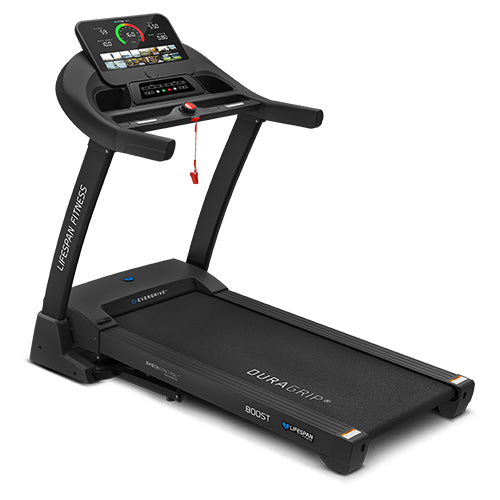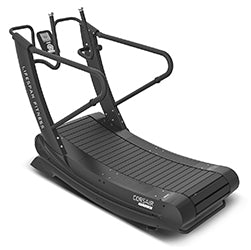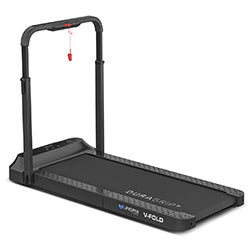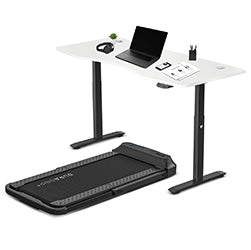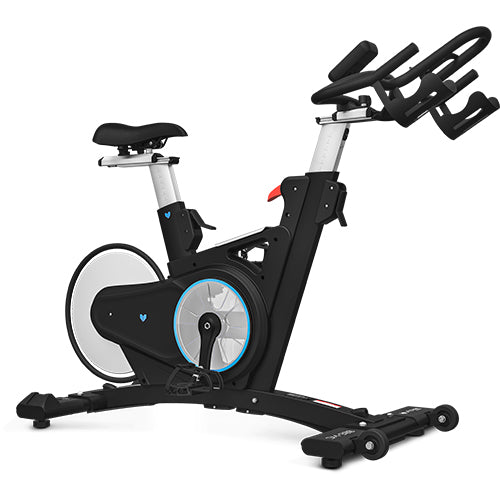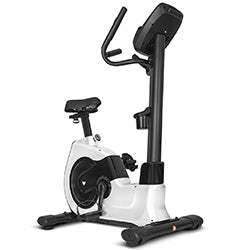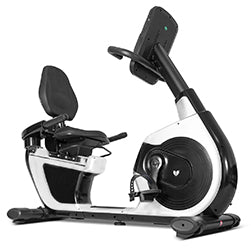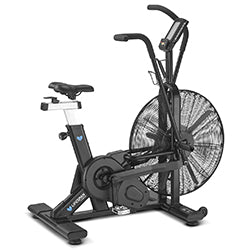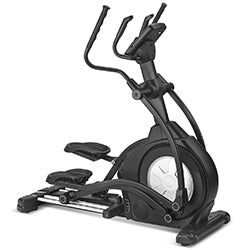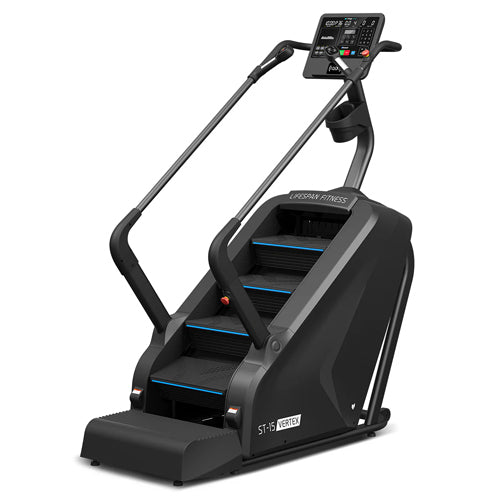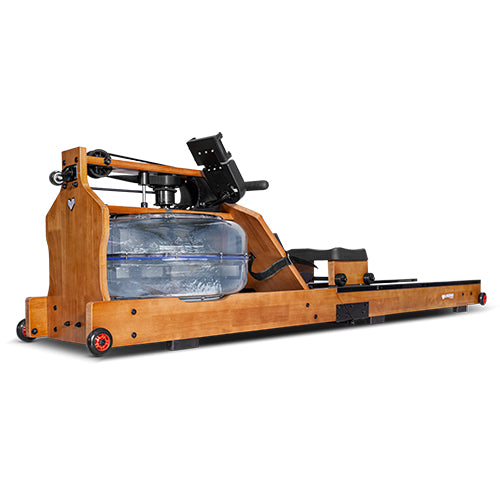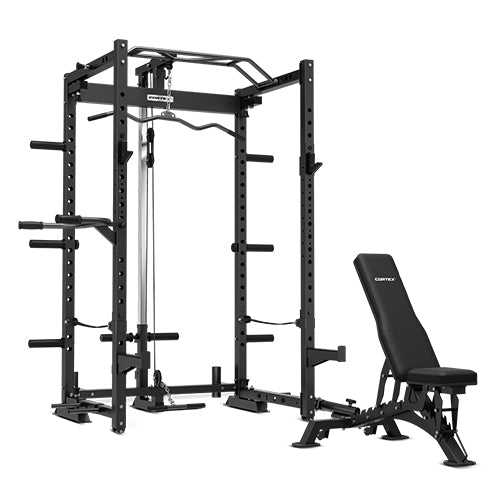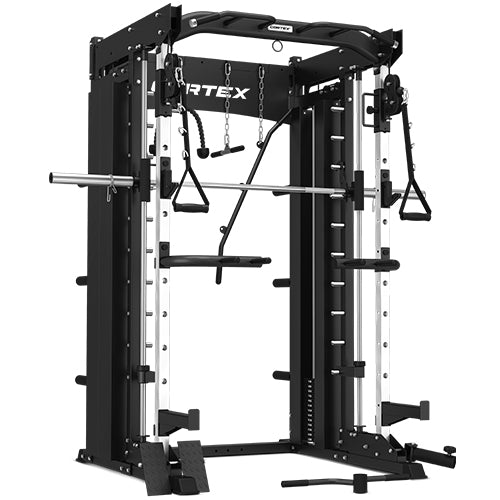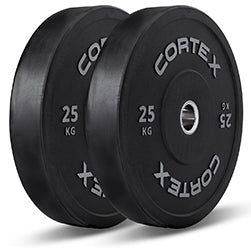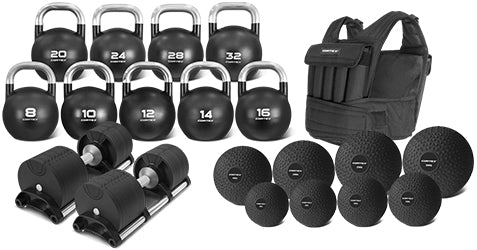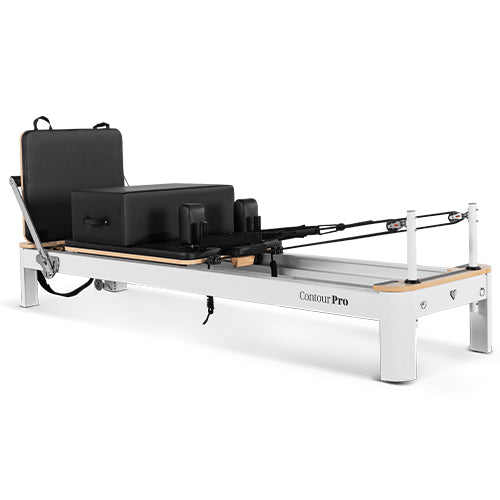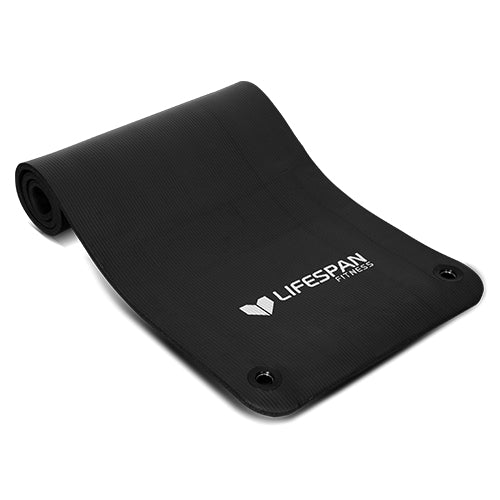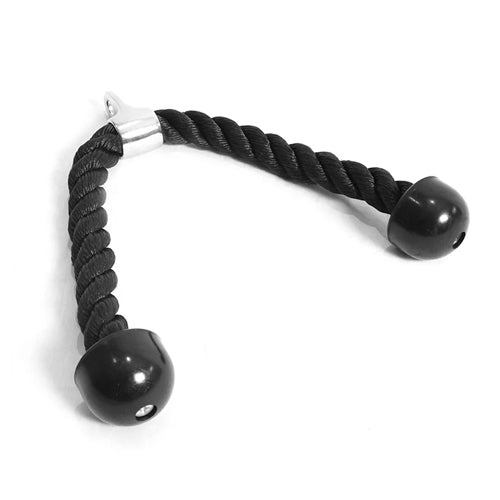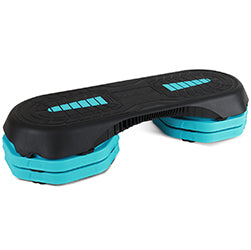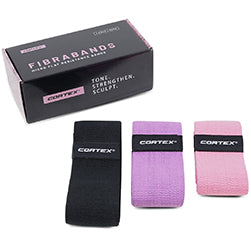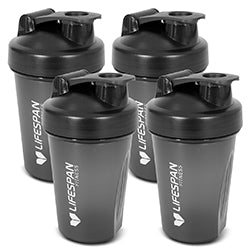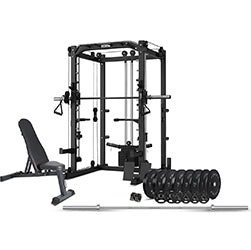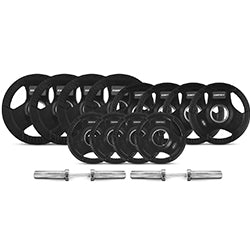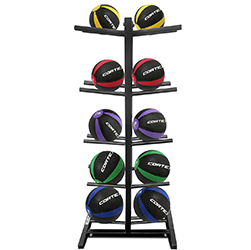

By now, we're all aware of the importance of proper recovery in any fitness plan. Recovering quickly and effectively is key to maintaining optimal health and performance. However, many of us neglect some of the most powerful recovery tools at our disposal, such as proper sleep, diet and low-intensity exercises.
Using a mixture of specialised tools and additional recovery practices, you can further expedite your body's healing and restoration. For more insights on balancing workouts and recovery, check out this guide on rest intervals.
Importance of Recovery

During recovery, the body undergoes processes such as muscle repair, tissue regeneration and adaptation to training stress. This helps prevent fatigue and ensures that you can perform at your best in subsequent workouts.
Recovery also supports mental well-being by reducing stress and preventing exercise-induced fatigue. A well-rounded recovery routine, which includes sleep, hydration, proper nutrition and relaxation techniques, not only promotes physical healing but also contributes to overall emotional and mental health.
By taking the time to get your recovery routine right, you're giving your body the tools to handle the demands of your fitness routine and achieve sustainable progress. This balanced approach ultimately leads to better health outcomes, improved performance and a more enjoyable fitness journey.
Prioritise Sleep

How Sleep helps
Sleep is vital for effective recovery as it facilitates the repair and rebuilding of muscles and tissues. During deep sleep, the body releases growth hormones that aid in muscle repair and regeneration. Quality sleep also helps reduce inflammation, manage stress and restore energy levels, enabling you to perform better in your next workout. It also supports cognitive function and mood, which can positively influence motivation and overall fitness progress.
Tips for better sleep
To enhance sleep quality, establish a consistent sleep schedule by going to bed and waking up at the same time every day. Create a calming pre-sleep routine, such as reading or gentle stretching and give yourself a sleep environment is dark, cool and quiet. Limit exposure to screens before bed and avoid caffeine or heavy meals in the evening. Incorporating these habits will help you achieve restful, restorative sleep, optimising your recovery and overall well-being.
Stay Hydrated
How Hydration helps
Hydration plays a crucial role in the recovery process by maintaining fluid balance, aiding nutrient transport, as well as regulating body temperature. Proper hydration helps prevent muscle cramps and supports overall bodily functions. Water is essential for flushing out toxins and maintaining healthy joints, which is vital for efficient recovery and performance. Staying hydrated also supports cardiovascular function and energy levels, making it easier to perform and recover from workouts.
Tips for reaching daily water intake
Everyone's hydration needs are different, and there's no standard amount of water that applies to each individual. It will depend on your body type, level of exercise, age, climate and other factors.
This means that it's necessary to listen to your body and understand your needs. Only drink when you're actually thirsty to prevent overhydration and incorporate hydrating foods like fruits and vegetables into your diet, such as cucumbers, oranges, and strawberries. Drinking herbal teas or adding a splash of lemon to your water can also make hydration more enjoyable and help you reach your daily goals.
A good tip is to monitor the colour of your urine to make sure that it's always a light yellow, not too dark or too light, indicating a healthy level of hydration.
Proper Nutrition

How Proper Nutrition helps
Consuming a balanced diet rich in proteins, carbohydrates and healthy fats supports muscle repair and growth, aids in glycogen restoration and reduces exercise-induced stress. Nutrients like vitamins and minerals also contribute to overall health and supporting immune function. By fuelling your body with the right foods, you enhance your ability to recover more quickly and effectively from workouts.
Nutrition & Diet Tips
To optimise recovery, focus on a balanced diet with lean proteins (e.g., chicken, fish, beans), complex carbohydrates (e.g., whole grains, sweet potatoes) and healthy fats (e.g., avocados, nuts). Eat a nutrient-dense meal or snack within 30 minutes after exercise to restore glycogen levels and support muscle repair. Include a variety of fruits and vegetables to ensure adequate vitamin and mineral intake. Stay mindful of portion sizes and avoid overly processed foods. Drinking a post-workout smoothie or protein shake can also be an effective way to quickly refuel and recover.
Tools for Recovery

Massage Chairs
Massage chairs provide deep tissue relief by simulating professional massage techniques. They help reduce muscle tension and improve circulation, which accelerates recovery. Regular use can enhance relaxation and support muscle repair, contributing to a more effective recovery process.
Compression Boots
Compression boots enhance recovery by using controlled pressure to improve blood flow and reduce muscle soreness. They help to alleviate swelling and expedite the removal of metabolic waste products from the muscles, leading to faster recovery and reduced muscle fatigue.
Saunas
Saunas aid recovery by using heat to relax muscles, improve blood flow and reduce joint stiffness. The increased circulation helps to flush out toxins and decrease muscle soreness, while the heat promotes relaxation and overall well-being, leading to a quicker and more effective recovery.
Additional Tips
Incorporating stretching, yoga and low-intensity exercise into your recovery routine can significantly expedite the healing process. Stretching helps improve flexibility, reduce muscle tension and prevent stiffness. Regular stretching routines, such as those outlined in our 7 Essential Stretches for Your Body, can maintain muscle elasticity and reduce the risk of injuries.
Yoga is another effective method for promoting recovery. It combines gentle stretches with deep breathing, which can enhance flexibility and improve circulation. This holistic approach supports muscle repair and overall mental relaxation.
Low-intensity exercises, like walking or using an elliptical machine, are beneficial for maintaining cardiovascular health while allowing the body to recover from more intense workouts. Exercising with Ellipticals provides a low-impact way to stay active, promoting blood flow and reducing muscle stiffness without excessive strain.
Incorporating these practices into your routine ensures a balanced approach to recovery, helping you stay flexible, relaxed and prepared for future workouts. For more insights on effective stretching techniques, explore Stretch It Out.
Conclusion

Speeding up body recovery is essential for maintaining optimal performance and overall well-being. Getting good quality sleep, staying hydrated and following a balanced diet will support muscle repair and energy replenishment. Recovery tools like compression boots, massage chairs and saunas also work to enhance your recuperation process. Incorporating stretching and low-intensity exercises can further aid in flexibility and reduce muscle soreness.
By implementing these strategies, you'll enhance your recovery, reduce the risk of injuries and ensure you're ready for your next workout. Embrace these practices for a healthier, more effective fitness journey.




